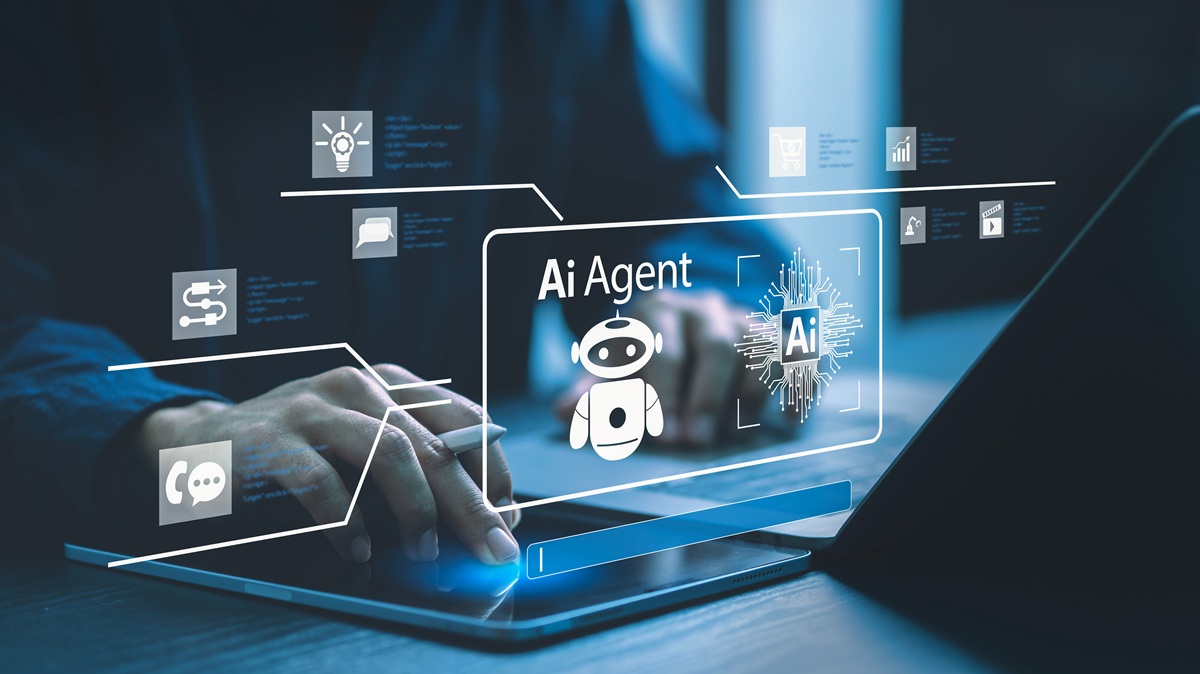July 28, 2025
Agentic AI Will Put an End to Soul-Crushing CX

“Your call is important to us”. Does this ring true anymore?? Unfortunately, for a growing number of customers, the answer is “no”.
Before we dive into why that’s the case, let’s first acknowledge that there’s no doubt that technology has changed our lives for the better.
Zoom and other teleconferencing services have made it easy to have conversations with people across the globe, whilst we can get everything from food to electronic goods delivered to our doorstep in a matter of hours – or sometimes minutes.
But whilst these capabilities have brought undoubted benefits, something has gone wrong with technology when it comes to the customer experience. Our recent research found that 42% of UK consumers say they’ve experienced a broken promise from a brand in the past year, and only 38% believe brands listen to customers.
Tech can play a big part in managing these broken promises from brands, but given a recent survey found the average Brit spends between 28 and 41 minutes every week grappling with inefficient systems, it’s clear there’s work to be done.
As a consumer, it can feel as if we are in a “computer says no” culture that makes businesses feel impersonal and difficult to deal with.
This can be annoying or upsetting, particularly when customers feel unable to complete the task they wish to achieve. At the very worst, a negative experience can make customers leave.
I’m glad to say this situation may not last much longer.
Over the last 10 years, Matt Trickett has implemented, run, and overseen over 100 successful CX programmes, supporting some of the world’s largest businesses in his current position at Qualtrics, as well as previous roles at Odigo and InMoment. Prior to his time in CX, Matt spent 10 years working on the retail frontline in various managerial roles across the sector, providing him with direct experience on the importance of delivering a standout CX.
Enter Agentic AI
Ironically, technology is providing solutions to the problems it helped create. Firstly, ChatGPT created a milestone in the AI revolution when it became the fastest-adopted consumer app in history after its launch in November 2022.
The next evolution of this will be the dawn of ‘Agentic AI’ – which we are currently experiencing – in which autonomous models take care of tasks that once required human attention.
These AI agents will paradoxically provide a more human element to CX, understanding and personalising situations more effectively.
By seamlessly connecting systems with behind-the-scenes data, they’ll know who customers are the moment they engage, eliminating the need to repeat information, and deliver conversational experiences that intuitively respond to unique needs and contexts.
Agentic AI marks a turning point; it combines advanced technology with deep human insight to restore a human-centric approach to customer service, ensuring that greater efficiency never comes at the expense of empathy.
As the technology matures, it will become capable of performing a wider range of tasks, gaining increased independence so that users encounter fewer roadblocks across their customer journeys.
Right now, too many of us have become accustomed to frantically typing “speak to a human” into a chatbot interface because it’s unable to satisfy our requirements. These moments will become less common as agents increase in capability and skill.
The Workplace Revolution
Our research showed that 72% of executives believe that AI will transform their approach to customer experience, while 69% expect it to significantly or completely change the way their industry operates over the next three years.
But it’s not just customers whose lives will be changed by agentic AI. Inside organisations, AI models will perform admin and other routine jobs. Every member of staff will gain access to a team that can work around the clock without rest or a break.
This does not mean humans will be redundant in the workplace. People will be freed up mentally and physically to bring a level of expertise and empathy to those situations where AI isn’t well suited. They will be needed more than ever to deliver the white-glove, high-touch experience that only humans can provide.
Companies must also remember that AI and automation must be implemented carefully or it can risk degrading the CX. If customers feel as though they are unable to access human support when needed, or if automated responses are unhelpful, this can lead to frustration and erode trust.
With our research finding that 44% of consumers say they want to be told when AI is used, transparency and responsible AI must also stay front of mind for brands as they evolve their CX strategies.
To overcome these challenges, organisations must adopt a clear AI strategy linked to business objectives, ensure AI enhances human interaction rather than replacing it, and continuously communicate the benefits of automation and where it is being used to build customer trust.




